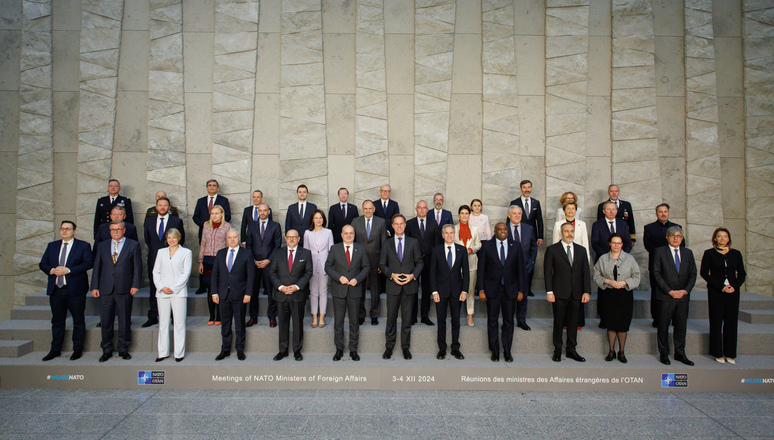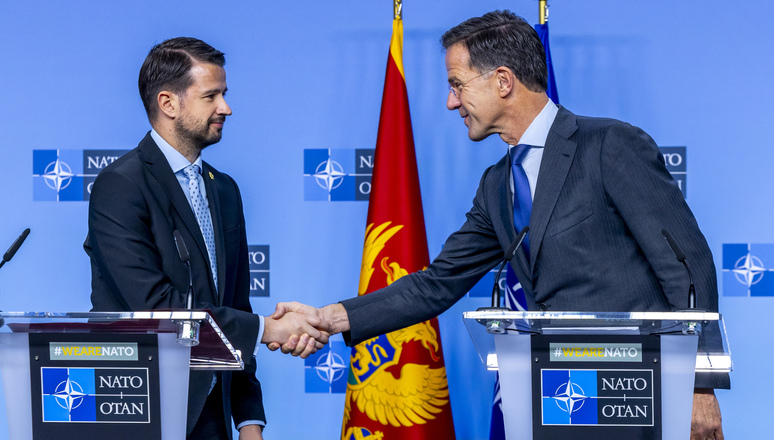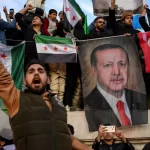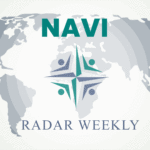Subscribe to NAVI Radar Weekly here
Focus Point: Regional Security- European Security
By Ministry of Defence and The Rt Hon John Healey MP | 02.12.2024
UK based defence firms will be prioritised for government investment under a new defence industrial strategy.
Defence Industrial Strategy – Statement of Intent



Defence Secretary, John Healey will today [Monday 2 December] launch the Government’s Defence Industrial Strategy – by inviting investors, innovators, industry and trade unions to give their views on how to grow a better, more integrated, more innovative and more resilient defence sector.
Speaking at a London Defence Conference event with investors in London, Healey will set an ambition to increase defence sector jobs in “every nation and region of the UK”. He will say that a strong defence sector can help provide “the foundation for a decade of national renewal.” He will publish a new Statement of Intent for the Defence Industrial Strategy this morning. Read more…
Focus Point: Regional Security- Middle East
What is going on in Syria — and what is Turkey doing there?| EUObserver
By Koert Debeuf | 03.12.2024
It brings us to the question: why is Turkey supporting this operation? I see three reasons.
First, Assad is no friend of the Turks. For several years now, Syria has become a narco-state that is disrupting the entire region with the sale of captagon. It somewhat resembles the 19th-century opium strategy of the British against China. Everyone wants this to stop.
Second, much of north-east Syria is currently occupied by Kurdish militias linked to the PKK, a thorn in Turkey’s side. The current operation is clearly also targeting these militias.
Finally, Turkey has some 4.5 million Syrian refugees. As long as Assad is in power, they cannot return.
Moreover, the moment was perfect. The three forces supporting Assad now have other priorities.
Russia has a war in Ukraine while Hezbollah has just emerged weakened from a war with Israel. Iran is busy on many fronts and may also have been surprised by the well-prepared Syrian rebels.
The question is how should we as Europe respond to this now?
Do we once again go along with the Assad narrative that we have to choose between him and international jihad?
Or do we give the rebels the benefit of the doubt to get rid of one of the world’s worst dictatorships?
It remains an unclear story for now. But it would be a mistake to continue to see everything from a purely ideological lens, based on 9/11 and other attacks in Europe, and forget what is happening and changing on the ground. Read more…
Focus Point: Regional Security- Transatlantic Security/NATO
Why Romania’s presidential vote could shake NATO| Politico
By Laura Kayalı and Giovann Coı | 04.12.2024
Călin Georgescu is a Romania-firster, and that’s worrying NATO.Călin Georgescu has condemned the Deveselu missiles as a national “shame,” campaigned for ending Romanian aid to Ukraine, and called for “Russian wisdom” in shaping foreign policy.
Romania is a serious military power, which is why the risk that NATO-skeptic, pro-Russia candidate Călin Georgescu will become its president next Sunday is confounding the alliance.
The country of 19 million has been a NATO member for two decades, and is the site of an airbase that is expanding to be the bloc’s biggest in Europe. It borders Ukraine; stares across the Black Sea at Russia-occupied Crimea; has sent arms and ammunition to Kyiv; and hosts a U.S. Aegis Ashore missile defense system in Deveselu, in southern Romania, where both Romanian and U.S. forces are based. Read more…
Focus Point: Regional Security- Transatlantic Security/NATO
NATO Foreign Ministers chart way forward in addressing Russian sabotage | NATO
By NATO | 04.12.2024
NATO Foreign Ministers wrapped up two days of meetings in Brussels on Wednesday (December 4) addressing Russia’s escalating campaign of hostile actions in NATO countries.
At their meeting on Wednesday, Allies considered a set of measures to counter Russia’s actions against NATO and individual Allies. Secretary General Mark Rutte said that “both Russia and China have tried to destabilise our countries and divide our societies with acts of sabotage, cyber-attacks, and energy blackmail”.
NATO will work closely together with the EU on these issues.
He noted that Ministers agreed a set of measures to counter Russia’s hostile and cyber activities, including enhanced intelligence exchange, more exercises, better protection of critical infrastructure, improved cyber defence, and tougher action against Russia’s “shadow fleet” of oil exporting ships. He further stressed that NATO “will work closely together with the EU on these issues”.
Mr. Rutte underscored that the increasing alignment of Russia, China, North Korea and Iran highlights the global nature of the threats we face, including the escalating dangers of the ongoing war in Ukraine. He noted that in return for troops and weapons, Russia is providing North Korea with support for its missile and nuclear programmes. “These developments could destabilise the Korean Peninsula and even threaten the United States. So Russia’s illegal war in Ukraine threatens us all”, he said. Read more…
Focus Point: Regional Security- Western Balkans
On Wednesday 4 December 2024, NATO Secretary General, Mark Rutte, met with the President of Montenegro, Jakov Milatović, at NATO Headquarters in Brussels.
The Secretary General thanked Montenegro for promoting peace, stability and security in the Western Balkans and its contributions to NATO missions and operations. They discussed the importance of keeping NATO strong and stepping up support for Ukraine.
NATO Secretary General Mark Rutte said: “ Montenegro is a valued Ally. You contribute to NATO’s forces stationed in Bulgaria and Latvia, helping to deter and defend against any aggression.
…
I want to thank you for Montenegro’s contributions to our shared security, and for all your efforts to enhance the cooperation in the Western Balkans.” Read more…
Focus Point: Regional Security- Middle East
Foreign armies in Syria and how they came to be there |Reuters
By Reuters | 06.12.2024 | A must read
The resurgence of fighting in Syria has brought into focus the role of foreign powers in the country. Turkey, Iran, Russia and the United States have all deployed troops in Syria since 2011, while Israel mounts frequent airstrikes in Syrian territory. Read more…
Focus Point: Regional Security- Middle East
Turkey, Iran and Russia to meet in Doha on Saturday to discuss Syria, Turkish source says | Reuters
By Reuters | 06.12.2024
The foreign ministers of Turkey, Iran, and Russia will meet in Doha on Saturday (07.12.2024) to discuss a lightning rebel advance in Syria, a Turkish diplomatic source said on Friday.
Syrian rebels have made their biggest battlefield gains since the civil war began 13 years ago, striking a devastating blow to President Bashar al-Assad.
After years of being locked behind frozen frontlines, the rebels captured the main northern city of Aleppo last week before pushing as far south as the centre of Hama, taking the strategic central city for the first time.
On Monday, Turkish Foreign Minister Hakan Fidan, speaking alongside Iranian counterpart Abbas Araqchi after their talks in Ankara, said that a new effort would be made to revive the Astana process.
Since the start of the renewed conflict, Ankara has called on Assad to engage with the Syrian people for a political solution. It has denied any involvement in the rebels’ operation and said it did not want to see a new migrant wave heading toward its borders. Read more…
Focus Point: Regional Security- Middle East
Who are Syrian opposition fighters overthrew Assad’s regime and what comes next?| Euronews
By Euronews with AP | 08.12.2024
Here is a look at the stunning reversal of fortune for Assad and the government in just the past 10 days, and what might lie ahead as Syria’s 13-year civil war reignites.
Syria’s government appears to have fallen after opposition fighters said they entered Damascus following a stunning advance.
Syrian Prime Minister Mohammed Ghazi Jalali said the government was ready to “extend its hand” to the opposition and hand over its functions to a transitional government.
“I am in my house and I have not left, and this is because of my belonging to this country,” Jalili said in a video statement. He said he would go to his office to continue work in the morning and called on Syrian citizens not to deface public property.
A Syrian opposition war monitor, Rami Abdurrahman, said Assad left the country on a flight from Damascus early Sunday. Jalili did not address reports of Assad’s departure.
Assad appears to be largely on his own as allies Russia and Iran are distracted by other conflicts and the Lebanon-based Hezbollah has been weakened by its war with Israel, now under a fragile ceasefire.
The U.N. special envoy for Syria, Geir Pedersen, seeks urgent talks in Geneva to ensure an “orderly political transition,” saying the situation is changing by the minute. He met with foreign ministers and senior diplomats from eight key countries including Saudi Arabia, Russia, Egypt, Turkey and Iran on the sidelines of the Doha Summit. Read more…
Focus Point: Regional Security- Middle East
By Anne Applebaum | 08.12.2024
Then, after a well-organized, highly motivated set of armed opponents took the city of Aleppo on November 29, many of the regime’s defenders abruptly stopped fighting. Assad vanished. The scenes that followed today in Damascus—the toppling of statues, the people taking selfies at the dictator’s palace—are the same ones that will unfold in Caracas, Tehran, or Moscow on the day the soldiers of those regimes lose their faith in the leadership, and the public loses their fear of those soldiers too.
But all such “eternal” regimes have one fatal flaw: Soldiers and police officers are members of the public too. They have relatives who suffer, cousins and friends who experience political repression and the effects of economic collapse. They, too, have doubts, and they, too, can become insecure. In Syria, we have just seen the result. Read more…
Thank you very much for reading.
The NAVI Research Institute is the research division of NATO Veterans Initiative - NAVI that provides a unique perspective to transatlantic leaders and societies on peace and security through the lens of NATO's founding principles of rule of law, democracy, human rights, and individual liberties. The NAVI Research Institute was officially established by the NAVI Board on July 16th, 2023.
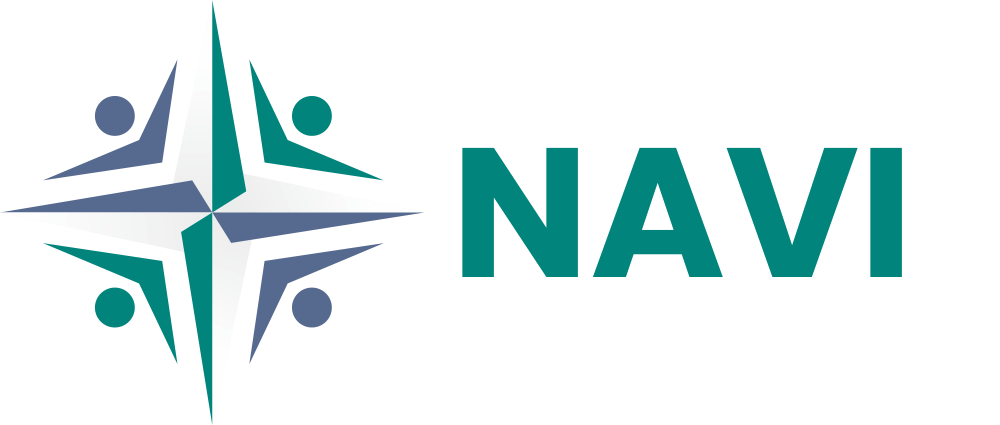
![NAVI-PROJE-[Recovered] Radar Weekly](https://nato-veterans.org/wp-content/uploads/2024/05/NAVI-PROJE-Recovered-696x392.gif)
